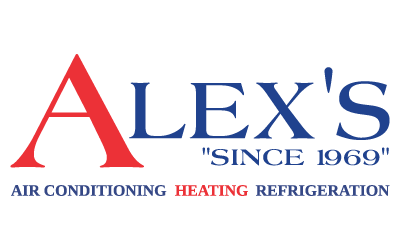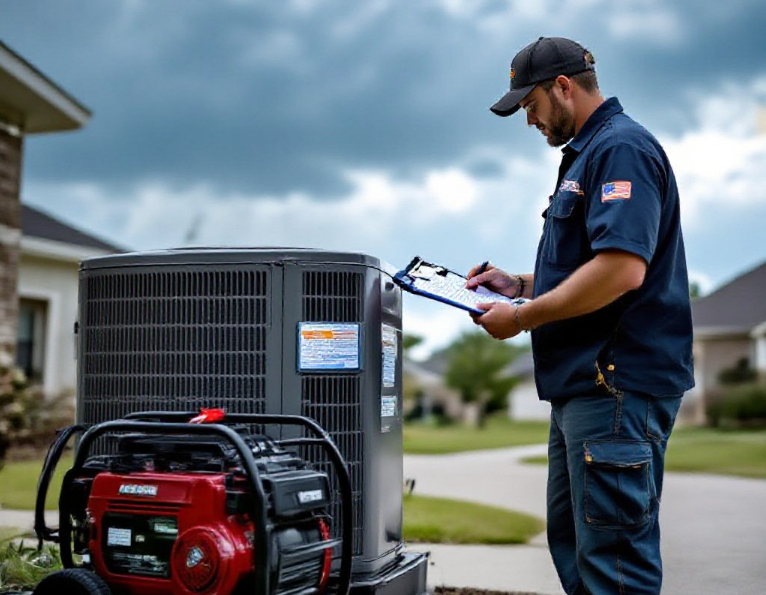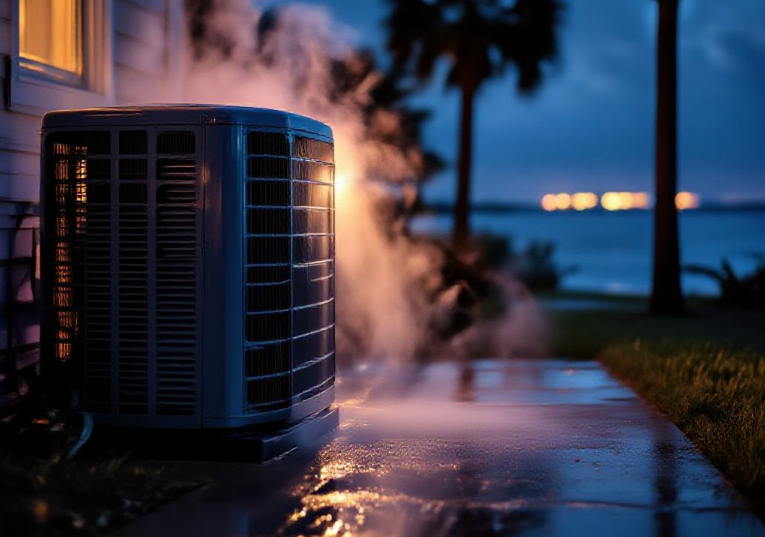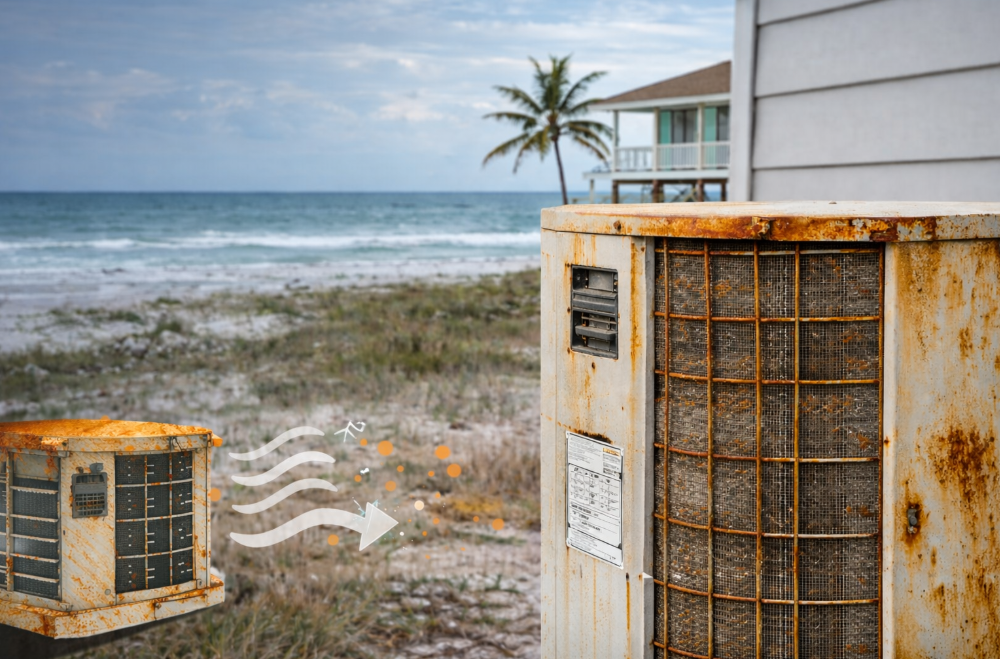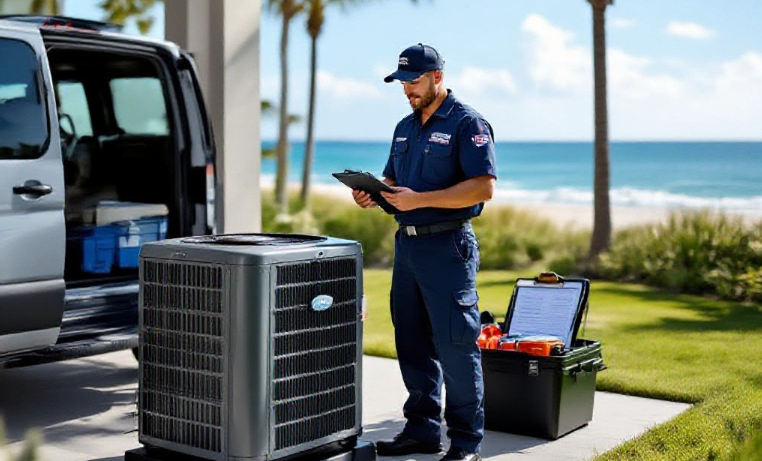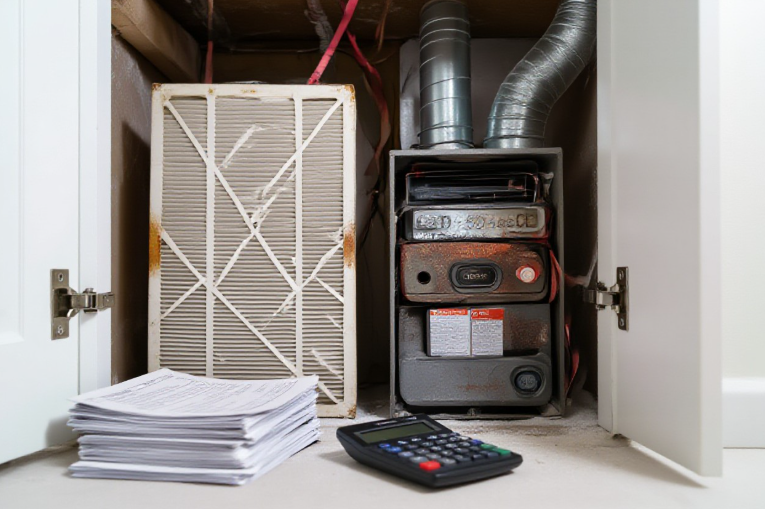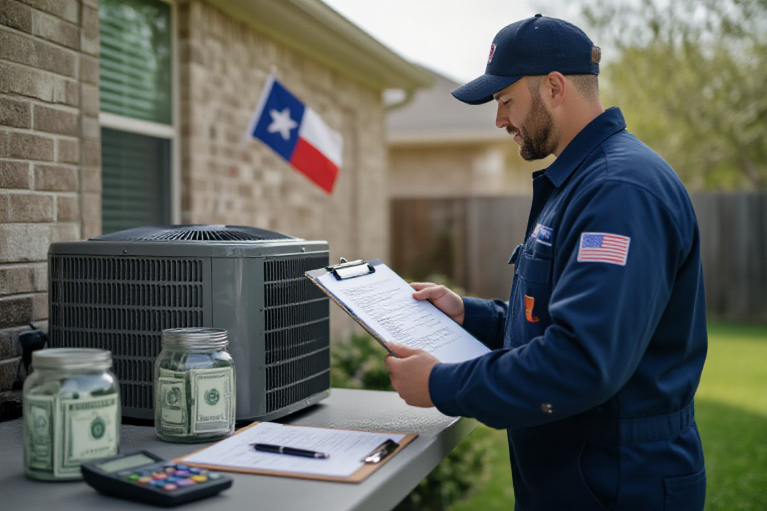The Hidden Cost of Ignoring AC Maintenance in Texas
Introduction
Texas homeowners know that summers can be brutal. High temperatures and humidity place a constant demand on air conditioning systems. Yet, many homeowners overlook one critical aspect of HVAC care: regular AC maintenance.
Ignoring routine AC maintenance has consequences that extend far beyond occasional discomfort. Poorly maintained systems consume more energy, cost more to repair, and even reduce indoor air quality. In some cases, neglect can shorten the lifespan of your AC unit by years.
This article explores the hidden costs of skipping AC maintenance, why preventive care is vital in Texas climates, and actionable solutions to protect your home, your wallet, and your health.
Understanding the Importance of AC Maintenance
AC maintenance is more than changing filters. It’s a systematic check of your system’s mechanical, electrical, and refrigerant components to ensure efficiency and reliability.
Why Texas Homes Require More Frequent Maintenance
Long, hot summers mean your AC runs for extended hours.
High humidity increases strain on the compressor and coils.
Dust, pollen, and other allergens common in Texas homes accumulate faster in ducts and filters.
Neglecting maintenance can result in subtle issues that worsen over time, leading to energy waste, costly repairs, and degraded comfort.
Hidden Costs of Ignoring AC Maintenance
1. Higher Energy Bills
Even a minor issue, like a dirty coil or clogged filter, can increase energy consumption by up to 15–25%, according to Energy.gov.
Restricted airflow forces the compressor to work harder.
Inefficient cooling cycles lead to extended runtime.
Humidity control suffers, making indoor air feel warmer and prompting more cooling.
🔗 Related: Energy-Efficient HVAC Upgrades: What’s Worth It in 2025?
2. Reduced Equipment Lifespan
Lack of lubrication and cleaning leads to premature wear on motors and compressors.
Refrigerant imbalances or leaks go unnoticed until major repairs are required.
Systems that run under strain fail sooner, requiring early replacement — a cost that can exceed $5,000 in Texas homes.
3. Expensive Repairs
Skipping routine maintenance allows small problems to escalate. Examples include:
Leaking ducts or refrigerant lines
Frozen coils or compressor burnout
Electrical failures in fans or controls
Regular inspections catch these issues early, often costing hundreds instead of thousands.
4. Compromised Indoor Air Quality
Dirty filters, coils, and ducts circulate dust, allergens, and even mold spores throughout your home. In Texas, where humidity can fuel microbial growth, poor AC maintenance directly affects respiratory health and comfort.
🔗 Related: Allergens, Humidity Control, and Modern Air Purification Solutions
5. Reduced Comfort and Performance
Inconsistent cooling: Some rooms may remain hot while others are overcooled.
Ineffective humidity control: High moisture levels make homes feel warmer.
Short cycling: Systems frequently turn on and off, increasing wear and energy waste.
Key AC Maintenance Tasks for Texas Homes
Proper maintenance addresses both comfort and efficiency. Professional technicians typically perform the following during routine service:
Filter Replacement and Cleaning – Ensures airflow remains unrestricted.
Coil Cleaning – Maintains heat exchange efficiency.
Refrigerant Level Check – Prevents energy waste and system strain.
Electrical Component Inspection – Detects loose connections or worn parts.
Drain Line Cleaning – Prevents water damage and mold growth.
Thermostat Calibration – Ensures accurate temperature control.
Duct Inspection – Checks for leaks and airflow obstructions.
Homeowners can complement professional service by regularly:
Replacing filters every 1–3 months
Keeping vents and registers clean
Monitoring humidity levels
Energy Savings from Regular Maintenance
Routine maintenance pays for itself by reducing energy consumption. Key statistics include:
Proper filter and coil cleaning: up to 15% energy savings
Tightened and sealed ductwork: up to 30% energy efficiency improvement
Optimal refrigerant levels: prevent overworking the compressor
Over a typical 10-year lifespan, a well-maintained AC unit can save thousands in energy bills and repair costs compared to a neglected system.
Advanced Solutions for Preventive Maintenance
1. Smart Thermostats and HVAC Monitoring
Smart thermostats like Ecobee or Nest track HVAC performance and alert homeowners to potential issues. This predictive approach minimizes both energy waste and the likelihood of unexpected breakdowns.
🔗 Related: Smart Thermostats for Texas Homes: Comfort, Savings, and Control
2. Whole-Home Dehumidifiers
High humidity increases energy use and reduces comfort. Integrated dehumidifiers support AC efficiency by removing excess moisture, reducing runtime, and preventing mold growth.
3. Variable-Speed Equipment
Modern HVAC systems with variable-speed compressors and fans provide smoother airflow, better humidity control, and more consistent comfort — all while using less energy than traditional single-speed units.
Best Practices for Texas Homeowners
Schedule annual or biannual AC maintenance before summer and winter.
Monitor your system’s airflow, temperature consistency, and noise levels.
Replace filters regularly and clean registers.
Seal and insulate ductwork to prevent energy loss.
Upgrade aging systems to energy-efficient or variable-speed models when needed.
🔗 Related: Energy-Efficient HVAC Upgrades: What’s Worth It in 2025?
The Cost of Neglect vs. Preventive Care
Consider a typical Texas home:
Neglected AC: Energy inefficiency + minor repairs = $1,000–$2,500 annually, plus risk of early replacement.
Preventive care: Annual maintenance + minor fixes = $200–$400, with extended system life and lower energy bills.
Investing in routine maintenance offers clear ROI while protecting comfort and indoor air quality.
Conclusion
The hidden cost of ignoring AC maintenance in Texas extends far beyond occasional discomfort. Energy waste, expensive repairs, and compromised indoor air quality all result from skipped inspections and neglected care.
Homeowners can protect their investment, improve efficiency, and enhance comfort by committing to routine maintenance, smart monitoring, and strategic upgrades.
For professional AC maintenance, duct inspection, and system optimization, contact Alex’s Air — your trusted partner for reliable, efficient, and healthy home HVAC solutions in Texas.
